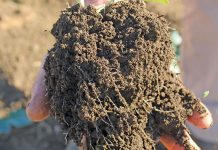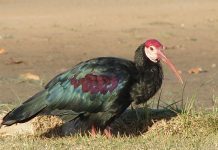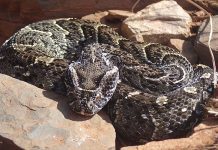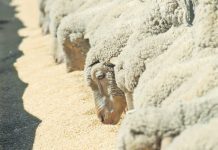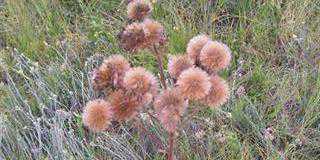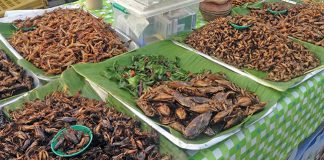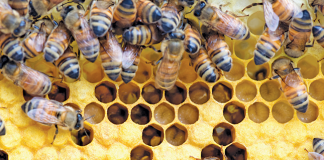Two years of research by Australia’s New South Wales Department of Primary Industries and the Co-operative Research Centre for Sheep Industry Innovation (Sheep CRC) has shown that some older ewes can outperform their younger rivals. Project leader Geoff Hinch says that most sheep farmers cull ewes at about five or six years to introduce new genetics into their flocks.
“However, Australia’s national flock has a relatively poor reproductive rate – just 76% lambs marked per ewe mated,” he explains. “This has major implications for the productivity of the industry and the size of the national flock. “New research shows that by retaining the best-performing older ewes, reproductive performance can be improved dramatically.”
In the Merino industry, maiden ewes are mated to lamb at two years, but their fertility levels and lamb survival rates are generally below the flock average. Reproductive performance increases with age until five or six years. “The key is to identify the best-performing ewes, cull poor performers earlier, and retain fertile ewes longer,” says Hinch.
This, he argues, will improve the reproduction rate across the flock and preserve ewe numbers in a rapidly depleting national flock. It will also increase flock performance, both in wool and reproduction, despite declining production with age, improve the genetics of future generations, and provide more surplus females to be sold at a younger age for higher mutton returns.
The project was conducted on two farms in New South Wales. On each property, three groups of ewes aged three to five years were evaluated in the initial year. The same ewes were then evaluated for a second year, with the now-six-year-old ewes retained in the breeding flock.
Live weights and condition scores were monitored, and lamb survival and dam/offspring associations were recorded. The results highlighted the importance of managing productive older ewes properly, particularly their nutrition. According to the researchers, the recovery – or lack thereof – of body condition after reproduction does not appear to greatly influence fertility in the age groups studied.
For more information, visit www.sheepcrc.org.au

